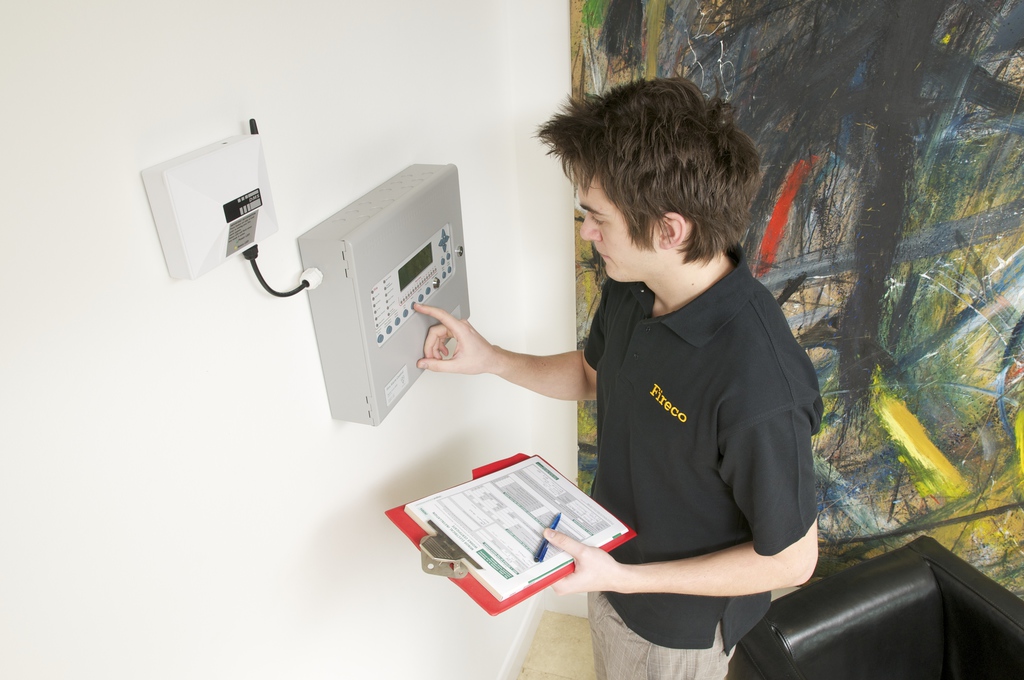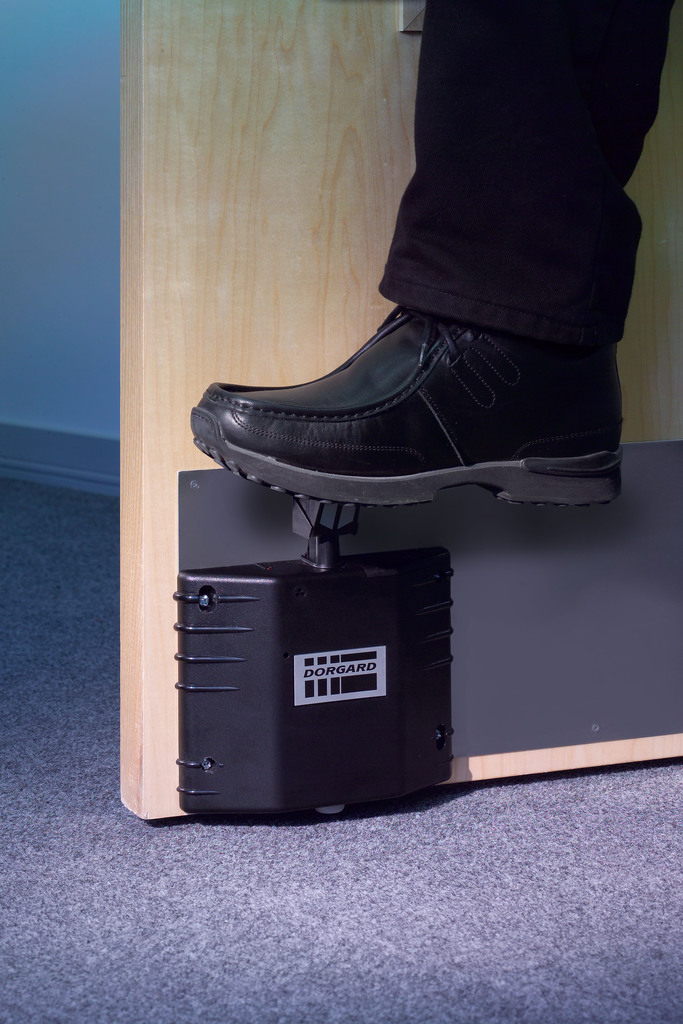For anyone who owns or manages a business, fire safety is something that should be top of mind, and top of budget. Yet many still see it as an inconvenient spend and cut corners when it comes to fire safety in their premises.
Employ an expert
Many companies have maintenance or facility management companies who are employed on a retainer to look after their premises. Fire safety often comes under their remit as part and parcel of keeping the building safe.
However, before you think of wrapping the fire safety of your premises into a generic maintenance plan, think carefully whether the people who are looking to maintain your buildings have the knowledge and the expertise within fire safety.
Are they simply applying the guidance documents of the Regulatory Reform (Fire Safety) Order 2005 or are they able to confidently advise on a bespoke fire safety management plan for you?
Sometimes, paying extra for fire safety on a maintenance contract is false economy and it might make more financial sense to employ an expert company to undertake a fire assessment and give you advice and suggestions of how to keep your premises safe from fire.
Think before your install
There are lots of alternatives and recommendations to how to keep your premises and those in it safe; an expert consultant will be able to advise you on what is right for your building, saving you money.
Many people install a sprinkler system as they believe in their efficiency in preventing the spread of fire. However, many companies also turn them off, under the false impression that their premises could be flooded and their stock lost if they were to be activated. Sprinkler systems activate individually at the point of fire not universally across the building.
There are companies who use points of guidance in British Standards as the definitive approach to safety. An experienced qualified consultant will be able to use the guides as reference but ensure the legislation is met in an individual way. Not all buildings, businesses and budgets are the same so the standards have to reflect that.
Look at wireless alternatives
A lot of traditional fire safety procedures and devices meant hard wiring systems into walls and the infrastructure of a building. Nowadays, there has been advanced technology allowing many of the fire safety devices to be wireless.
Wireless systems entail less disruption to both the décor and structure of your buildings, meaning less money to repair and make new. In addition, wireless systems mean less time to install and maintain, allowing work to continue around the installation and saving your business the cost of unworkable premises while having to pay staff.
Remember prevention is far less expensive than replacement
It goes without saying that no one wants a fire to happen. However, many do not think of the financial risks of not implementing a fire safety strategy.
It was estimated that in 2004, the total economic cost of fire in the UK was £7.03 billion, equivalent to approximately 0.78% of the gross value added of the economy. Of the £7.03 billion, £2.5 billion can be attributed to the consequential costs of fire such as property damage, lost business and the loss to the economy from injuries and deaths. In 2008, the cost of fire was estimated at £8.3 billion, which includes both deliberate and accidental fire.
Spending money preventing a fire is far less expensive than the financial aftermath of one happening.
Communication is key
Knowledge is power and the one single thing that can really prevent a fire is educating people of the risks of fire and what to do in the outcome of a fire.
As part of the fire risk assessment element of the Fire Safety Order 2005, the responsible person for every premise has an honour of duty to inform and advise all those working in the premises of the fire risks and inform them of the action taken to reduce or manage those risks.
However what many do not consider is those working temporarily in your premises, either a contract worker or an agency worker. Likewise, what about visitors to the building, even the postman is your responsibility if he is on your premises.
Communication with your team is the easiest way to prevent an unnecessary and expensive fire occurring in your premises.
Tom Welland is Fireco’s conformance and regulatory affairs manager and is a qualified fire safety manager, ex-counsellor to the Fire Industry Association (FIA).



